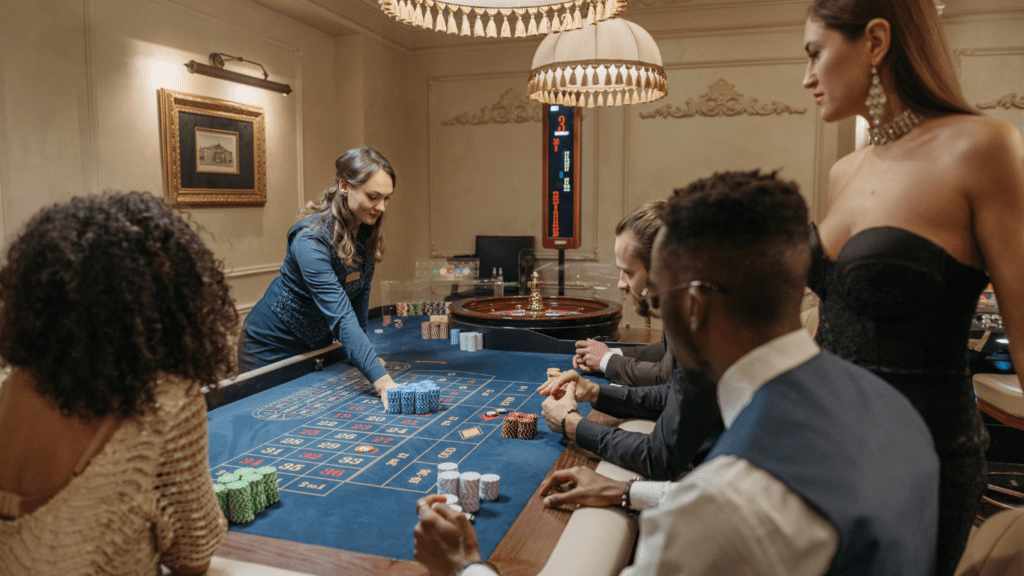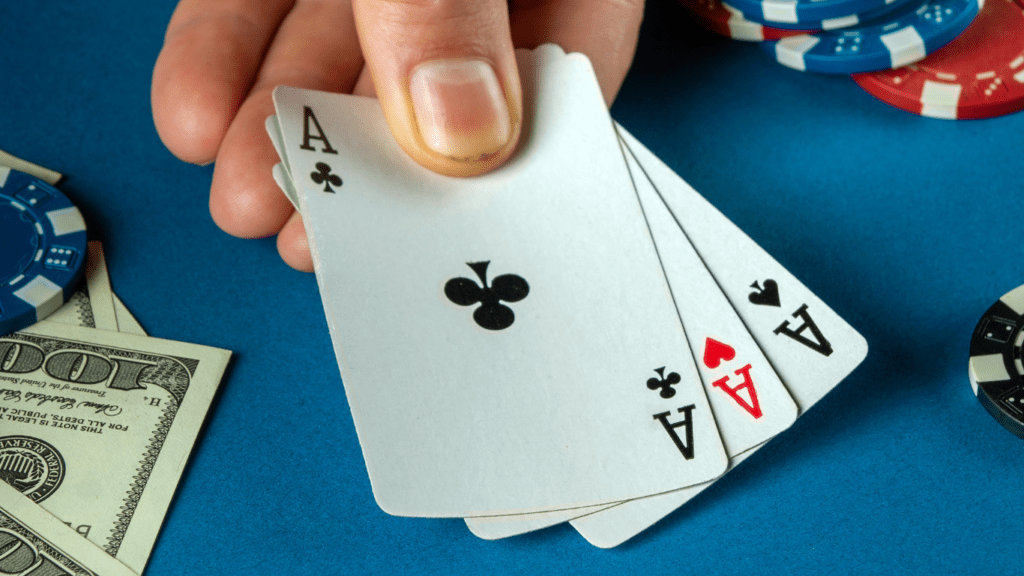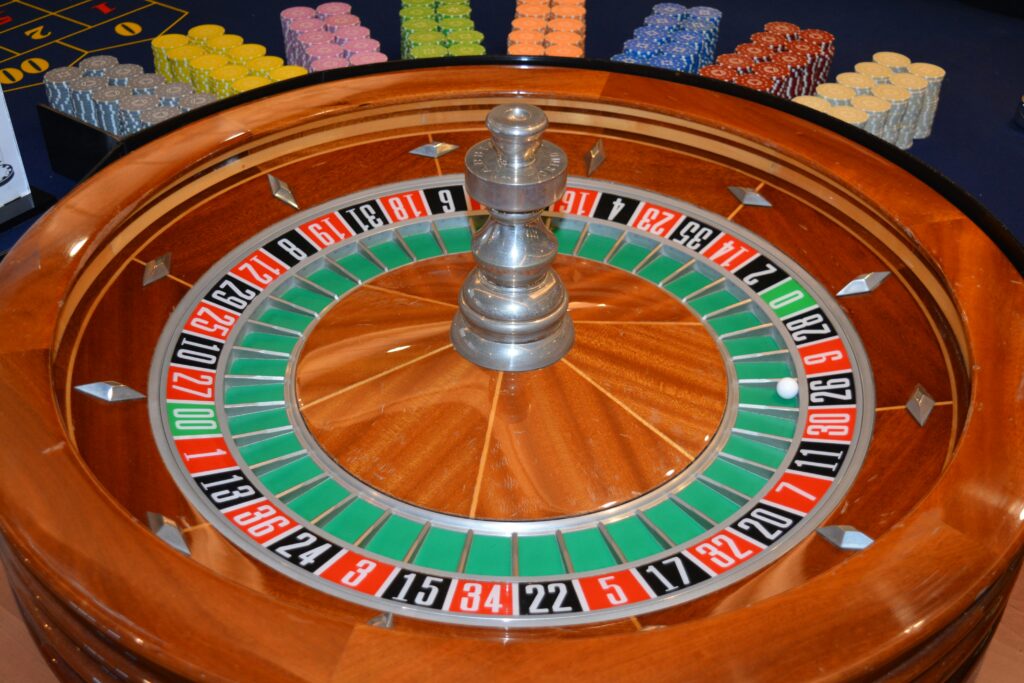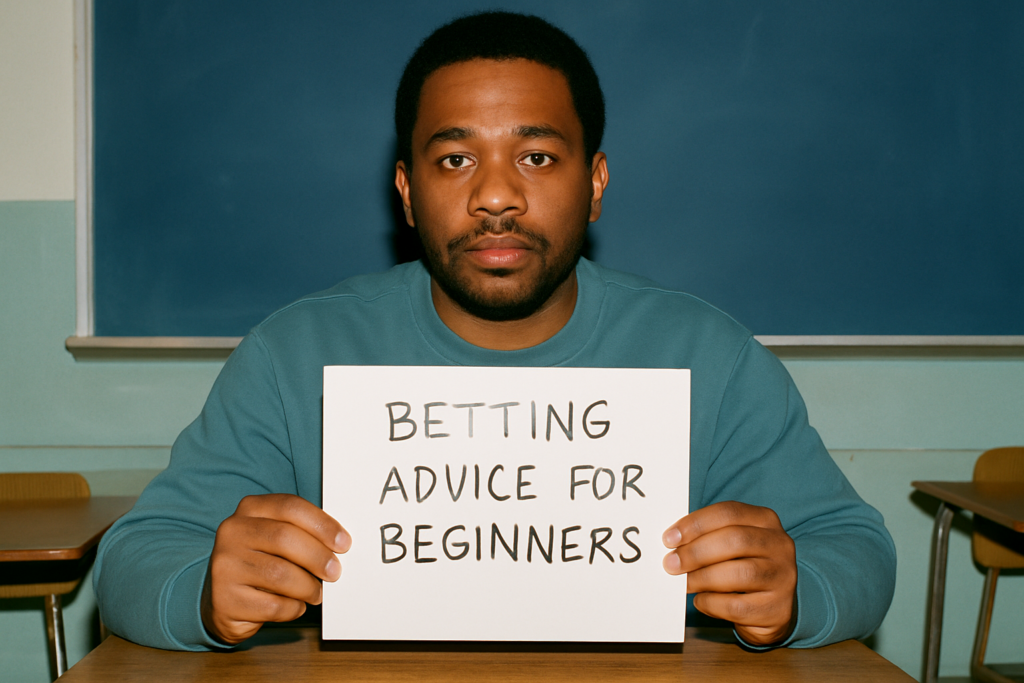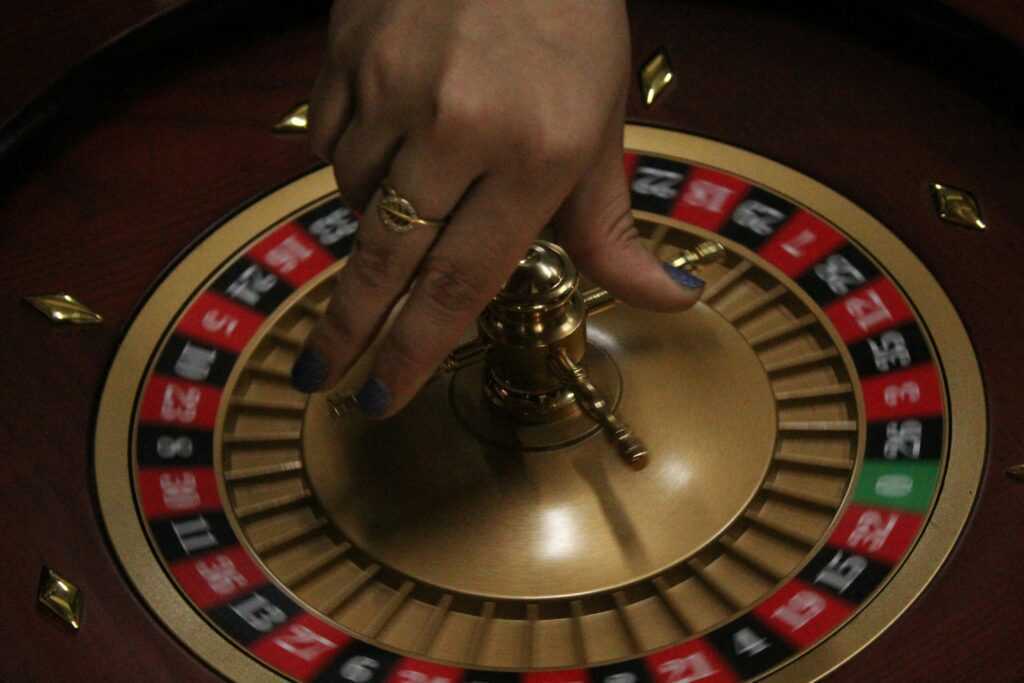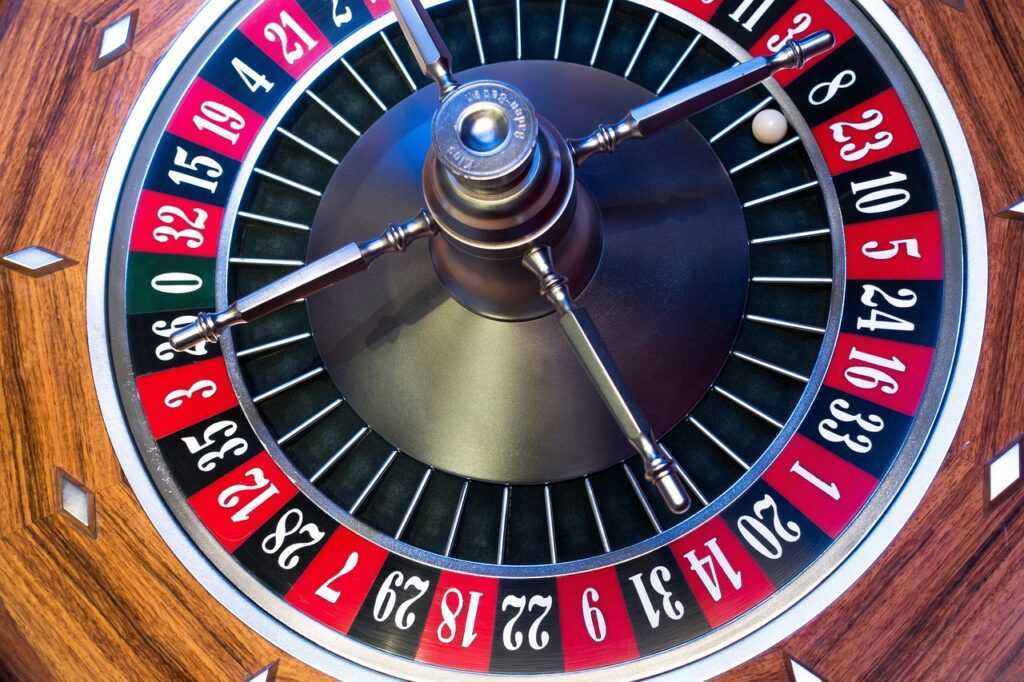Understanding the House Edge
Understanding the house edge is crucial for any gambler. The house edge represents the mathematical advantage casinos have over players in each game. This percentage shows the average profit a casino expects to make from each bet, over time. For instance, if a game has a 5% house edge, the casino expects to keep $5 for every $100 wagered.
Calculating the House Edge
Calculating the house edge involves knowing the rules and payouts of a game. For example, in roulette, the American wheel has 38 numbers, including a 0 and 00. The payout for a single number bet is 35:1. If you bet $1 on a number, you win $35, but the actual odds of winning are 1 in 38. Here’s the calculation:
[ text{House Edge} = left( frac{text{Payout} – text{True Odds}}{text{Number of Outcomes}} right) times 100 ]
Examples in Different Games
Certain games have different house edges. Here’s a breakdown:
- Blackjack: Typically around 0.5% with optimal strategy.
- Roulette: 5.26% for American, 2.7% for European.
- Craps: Pass line bet edge is 1.41%.
- Slots: Can vary from 2% to 15%, depending on the machine.
| Game | House Edge |
|---|---|
| Blackjack | Around 0.5% |
| Roulette | 5.26% (American), 2.7% (European) |
| Craps | 1.41% (Pass Line) |
| Slots | 2% to 15% |
Reducing the Impact
While players can’t eliminate the house edge, understanding it helps reduce its impact. In blackjack, using a basic strategy chart optimizes decisions, cutting the house edge. Choosing European roulette over American roulette lowers the house edge from 5.26% to 2.7%. In craps, betting on the pass line cuts the house advantage to 1.41%.
Players should always research the house edges of games they plan to play. Making informed decisions and using strategies can maximize enjoyment and manage losses effectively. Understanding the house edge allows players to play smarter and potentially increase their chances of winning.
Expert Tips for Choosing the Right Games
Choosing the right games is crucial for minimizing the house edge. By knowing which games offer the lowest edge, you can better manage your risk and enhance your chances of winning.
Games with the Lowest House Edge
Blackjack: Blackjack has one of the lowest house edges, often around 0.5%, if you use optimal strategy. Simple rules and clear strategies make it a favorite for many players.
Craps: Certain bets in craps, like the Pass Line and Come bets, offer a house edge of about 1.4%. By focusing on these bets, you can improve your odds.
Baccarat: With a house edge of about 1.06% for banker bets and 1.24% for player bets, baccarat is another excellent choice.
Video Poker: Games like Jacks or Better offer a house edge below 1% if you know the optimal strategy and choose the right pay table.
Games to Avoid
Keno: Keno has one of the highest house edges, often ranging from 25% to 29%. The random nature of the game makes it difficult to win consistently.
Slots: Slot machines can have a house edge from 2% to 15%, depending on the machine and casino. Slots lack the strategic element present in many table games.
American Roulette: The double zero in American roulette increases the house edge to about 5.26%, compared to European roulette’s 2.7%.
Big Six Wheel: This game often has a house edge between 11% and 24%, making it one of the least favorable options.
Strategies to Improve Your Odds

Improving your odds at gambling involves more than just luck. Employing strategic approaches can significantly enhance your chances against the house.
Betting Systems
Betting systems provide structured methods to manage bets and bankroll. The Martingale system, for instance, involves doubling your bet after each loss, aimed at recovering all previous losses with a single win, but it’s risky with large sequences of losses. The Paroli system, on the other hand, focuses on positive progression by increasing the bet after each win, limiting potential losses in longer losing streaks. The D’Alembert system involves increasing your bet by one unit after a loss and decreasing it by one unit after a win, maintaining a balanced approach. Each system has advantages and drawbacks, so understand these before choosing one.
Skill-Based Techniques
Skill-based techniques often focus on games where strategy impacts outcomes. In blackjack, card counting can shift the odds in your favor by tracking high and low cards. Basic strategy, which involves memorizing optimal plays for any given hand, also improves winning chances. Poker relies heavily on reading opponents, calculating pot odds, and employing bluffing techniques. In video poker, mastering game-specific strategies ensures you make the best mathematical decisions for each hand. Practice and research can refine these skills, giving you a strategic edge in skill-based games.
Managing Your Bankroll
Bankroll management is crucial to prolonging gameplay and increasing the chances of winning. Several factors play into managing funds effectively.
Setting a Budget
Establishing a budget helps control spending. Determine a specific amount to spend within a set period, such as daily or weekly. For example, if I decide to gamble $200 per week, I stick to that budget no matter the outcomes. Setting betting limits for each session within that budget protects against significant losses. Even when using a betting system like Martingale or Paroli, it’s essential to define clear limits to avoid spiraling losses.
Knowing When to Walk Away
Exiting at the right time prevents further losses. Set winning and losing limits before starting any session. For instance, if my goal is to double my initial stake of $200, I’ll stop once I reach $400. Similarly, if I lose 50% of my budget, I walk away. Recognizing signs of chasing losses helps maintain discipline. Frequent self-checks and sticking to predetermined limits ensure that gambling remains a controlled, enjoyable activity.
The Role of Bonuses and Promotions
Bonuses and promotions play a crucial role in reducing the house edge. When used correctly, these offers can significantly amplify winning potential.
Maximizing Bonus Offers
I consistently exploit bonus offers to gain an edge. Casinos often present welcome bonuses, free spins, and deposit matches. By combining these, players can maximize their bankroll. For instance, a 100% deposit match up to $200 effectively doubles your money. Opting for free spin promotions on slots with high RTP (Return to Player) ratios further improves winning odds. Always read the terms and conditions, paying particular attention to wagering requirements and game restrictions.
Avoiding Common Pitfalls
Many fall into common traps that negate the benefits of bonuses. I avoid these by steering clear of excessive wagering requirements, which can make it nearly impossible to cash out winnings. Another pitfall involves selecting games that minimally contribute to wagering requirements. Slots usually contribute 100%, but table games like blackjack might contribute only 10% or less. Understanding these details prevents the squandering of bonuses and maintains an advantageous position against the house.
Insights from Industry Experts
Industry experts offer valuable insights on how to beat the house edge. They share strategies from years of experience and research.
Interviews with Professional Gamblers
I’ve interviewed several professional gamblers to get their perspectives. John Ferguson, a blackjack pro, emphasizes the role of card counting in beating the house edge. “Mastering card counting can tip the odds in your favor,” he says. Poker player Annie Duke focuses on psychological strategies. “Reading opponents and understanding their tells is crucial in poker,” she advises. Roulette expert Norman Leigh highlights specific betting strategies, like the Labouchere system, as effective when used properly.
Statistical Analysis and Studies
Researchers have conducted statistical analyses to better understand the house edge. A study by the University of Nevada, Las Vegas revealed that blackjack has one of the lowest house edges, averaging around 0.5% when optimal strategy is used. Another study in the Journal of Gambling Studies analyzed various betting systems, concluding that while systems like Martingale can temporarily reduce losses, they do not eliminate the house edge in the long run. Data also shows that video poker offers favorable odds if players use proper strategies.

